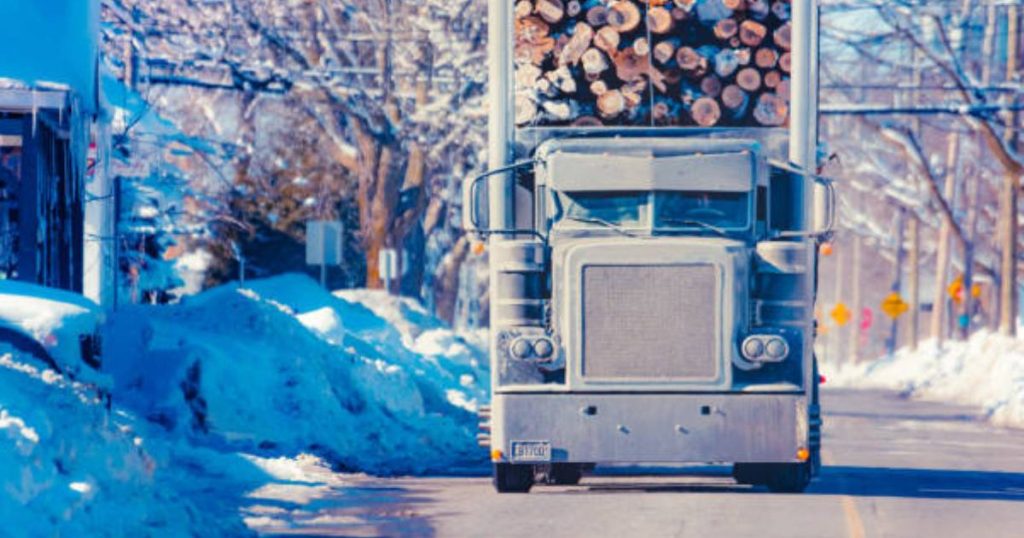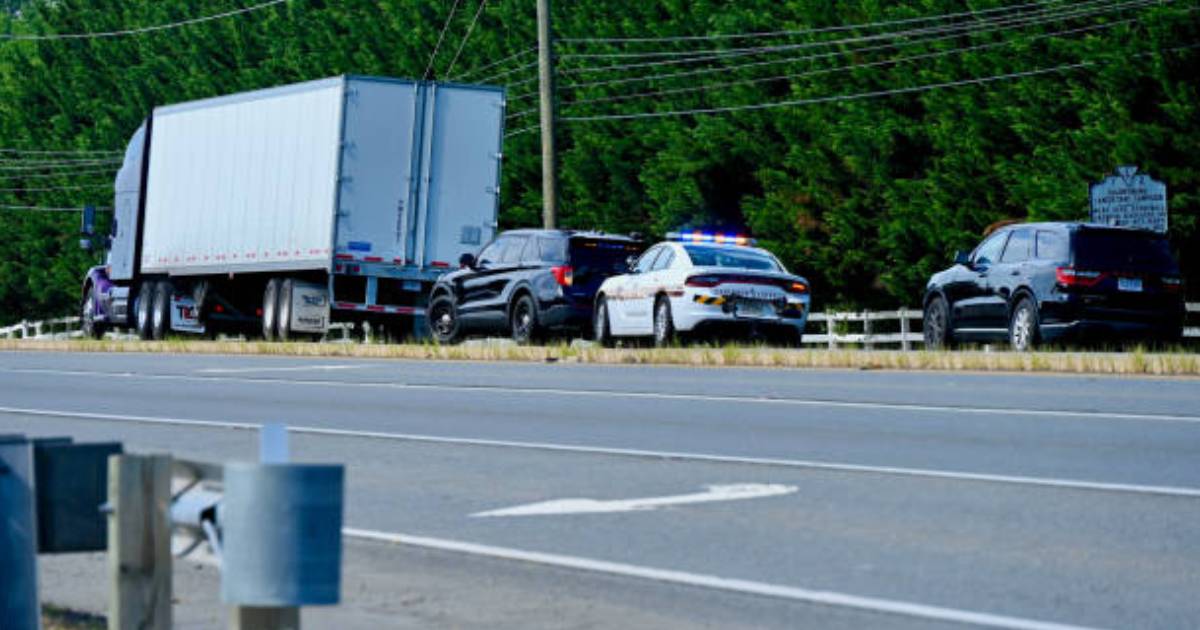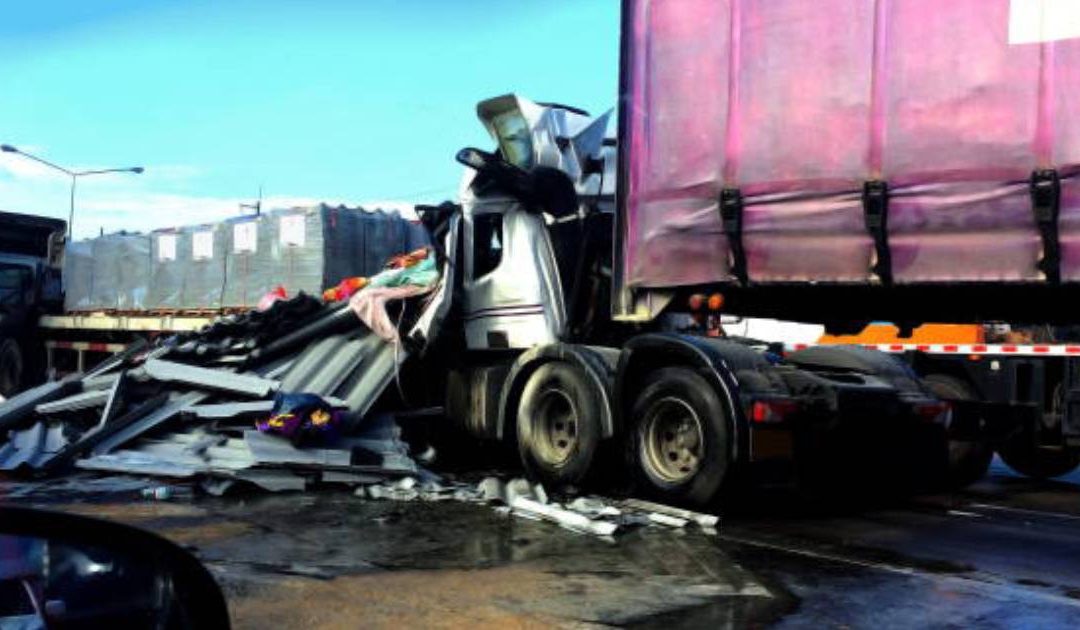Table of Contents
Every year, truck accidents on West Virginia’s highways cause severe injuries and tragic losses. Understanding West Virginia trucking regulations isn’t just important for commercial drivers — it’s critical for anyone sharing the road with them. These WV commercial truck laws govern how trucks operate, how long drivers can stay behind the wheel, and how companies must maintain their fleets.
At Woelfel & Woelfel LLP, our experienced West Virginia truck accident lawyers investigate accidents involving tractor-trailers, coal haulers, and delivery vehicles to uncover safety violations and hold negligent trucking companies accountable.
Federal vs. State Trucking Laws in West Virginia

Truck drivers in West Virginia are subject to both federal trucking safety rules set by the Federal Motor Carrier Safety Administration (FMCSA) and WV commercial truck laws enforced by the state’s Public Service Commission (PSC) and Department of Transportation (WVDOT).
Federal trucking laws cover:
- Driver qualifications and training
- Hours of Service (HOS) limits to prevent fatigue
- Maintenance, inspection, and load-securement standards
- Drug and alcohol testing
- Hazardous materials transport requirements
State trucking regulations supplement these rules by controlling licensing, registration, size and weight limits, and intrastate safety inspections.
When a crash occurs, violations of these trucking safety rules in WV can directly establish WV trucking company liability, increasing the chance for victims to recover fair compensation.
WV Weight and Safety Restrictions
One of the cornerstones of West Virginia trucking regulations involves truck weight and load restrictions. Overloaded trucks pose serious risks — from brake failure to rollover crashes on steep grades.
Key WV limits include:
- 80,000 lbs. maximum gross vehicle weight on interstate highways
- 20,000 lbs. per single axle and 34,000 lbs. for tandem axles
- Special permits required for oversized or overweight hauls
Failure to comply can lead to fines, CDL suspensions, and, if an accident occurs, direct legal liability for damages.
Trucking companies are also required to conduct regular maintenance and brake inspections — skipping these checks is a common factor in many West Virginia truck accident cases handled by our firm.
Hours of Service and Driver Fatigue Laws
The FMCSA’s Hours of Service rules exist to keep drowsy truckers off the road. Under federal law, a driver may operate a commercial truck for no more than 11 hours after 10 consecutive hours off duty, with mandatory rest breaks.
Violations of these HOS limits remain a top cause of truck accidents in West Virginia. Our legal team often uncovers falsified driver logs, tampered electronic logging devices (ELDs), and dispatch pressures that push truckers past legal limits. These violations can directly establish WV trucking company liability in personal injury claims.
How Violations Lead to Truck Accidents
When trucking companies ignore West Virginia trucking regulations, the results can be catastrophic. Common causes of regulation-related crashes include:
- Fatigued or overworked drivers
- Mechanical failure from poor maintenance
- Overweight or unsecured cargo
- Speeding on mountain grades or wet roads
- Inadequate driver training or licensing violations
Each of these issues represents a potential breach of trucking safety rules in WV — and when proven, they strengthen your claim against negligent parties.
Proving Negligence in a WV Truck Accident Claim
To recover damages after a truck crash, you must prove that a safety or regulatory violation contributed to your injuries. Our West Virginia truck accident lawyers conduct detailed investigations to uncover:
- Driver logs and electronic trip data
- Vehicle inspection and maintenance records
- Load manifests and weigh station tickets
- Employment files and CDL verification
- Black box (ECM) crash data
We build strong evidence to show negligence, whether it lies with the driver, the trucking company, a third-party maintenance provider, or the manufacturer of defective parts.
Why Trucking Compliance Matters
When WV commercial truck laws are followed, lives are saved. When they’re ignored, victims suffer life-changing injuries. Understanding how West Virginia trucking regulations work empowers victims to pursue accountability and justice.
If you or a loved one has been hurt in a truck crash, Woelfel & Woelfel LLP can help. We are seasoned West Virginia truck accident lawyers who understand the complexities of trucking litigation and know how to expose WV trucking company liability to secure maximum compensation.
Final Thoughts
Understanding and enforcing West Virginia trucking regulations isn’t just about compliance — it’s about saving lives. When trucking companies cut corners, they endanger everyone on the road.
If you or a loved one has been injured in a truck accident, Woelfel & Woelfel LLP can help. Our attorneys know how to navigate complex trucking laws, expose safety violations, and fight for the compensation you deserve.
Read More: Explore our guides on Do I Really Need a Lawyer After a Car Accident? Critical 2025 info and Tri-State Personal Injury: What You Need to Know After an Accident to learn more about protecting your recovery after a serious collision. You can also connect with us on Social Media (click here).






